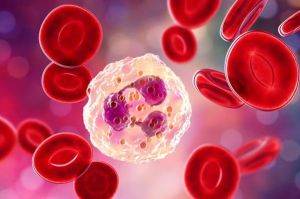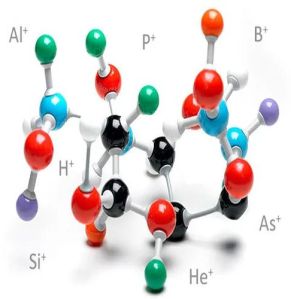- View Mobile Number
iirtdelhi@gmail.com
Hemocompatibility testing, as outlined in ISO 10993 Part 4, assesses the interaction between medical device materials and blood to ensure they are safe for use in blood-contacting applications. This testing is essential for devices such as catheters, stents, vascular grafts, and dialysis equipment, which come into direct or indirect contact with circulating blood.
The evaluation focuses on detecting potential adverse effects, including:
-
Thrombosis (clot formation)
-
Hemolysis (destruction of red blood cells)
-
Complement activation (immune response)
-
Platelet activation and adhesion
By identifying these risks, hemocompatibility testing helps prevent complications like embolism, anemia, or inflammation. The results guide material selection and design modifications to enhance blood compatibility and ensure patient safety. Compliance with ISO 10993-4 is a key requirement for regulatory approval of blood-contacting medical devices, helping manufacturers meet global safety standards and minimize clinical risks.













